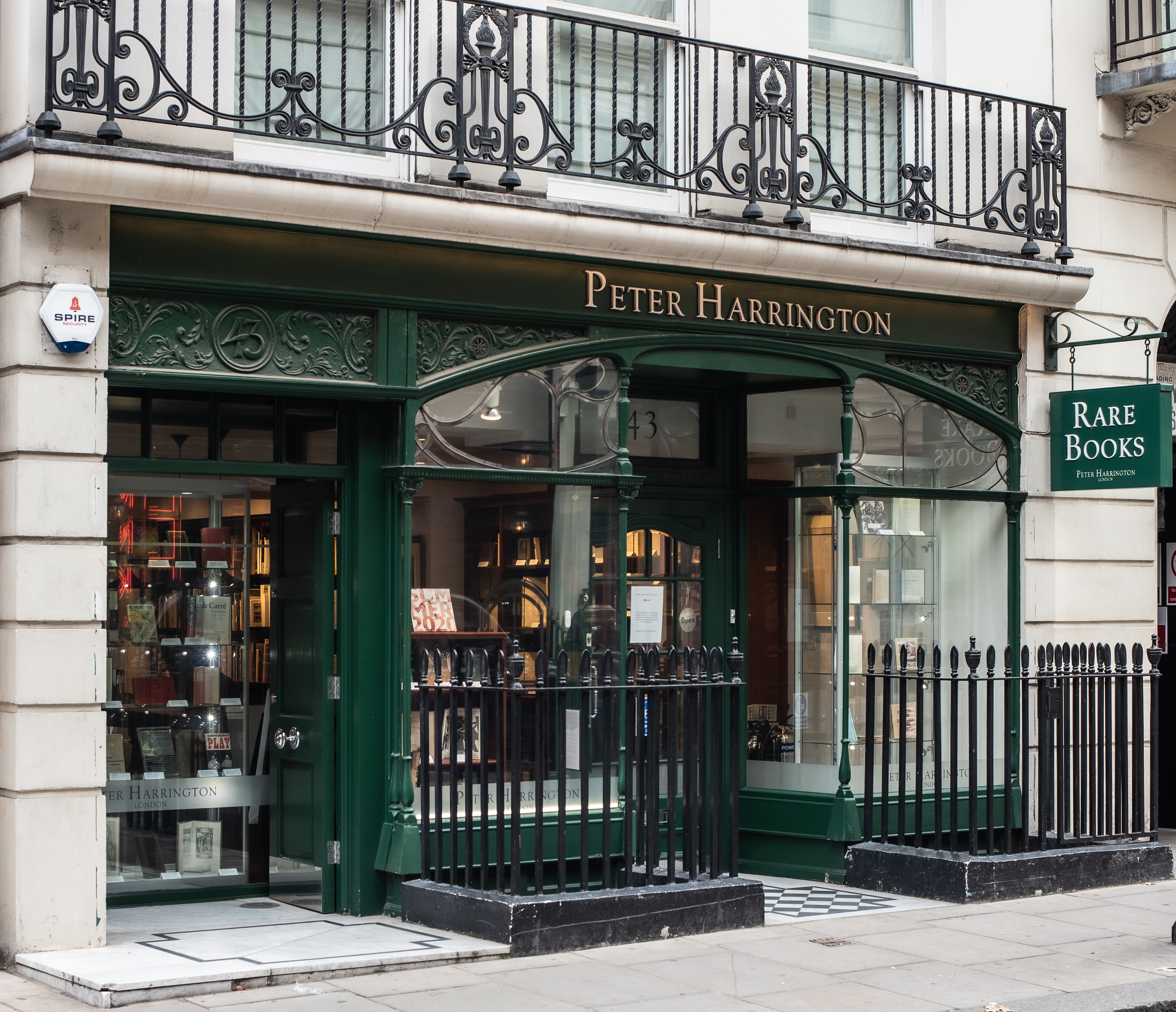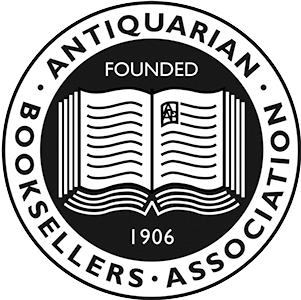New England Village: , 16 October 1848. How I wish the Ladies could vote A politically engaging letter from Harriet M. Buss (1826-1895) to her parents Silas and Sally Buss. Writing as a student, Buss went on to teach hundreds of formerly enslaved people over the course of her career, including Robert Smalls, a future member of the United States House of Representatives, and help establish Shaw University, a historically Black college. Buss was "incensed by the foolishness and incompetence of the men running the nation and believed that women were better suited to solve America's problems" (White). This is clear in this letter which discusses her engagements following a visit home and in the run-up to the 1848 presidential election, held on 7 November. She bemoans the fact that "Ladies this way are not much interested in Politics, so that I am obliged to talk with Gentlemen when I say much about Government matters", adding "how I wish the Ladies could vote. I think that Cass [Democratic Senator Lewis Cass] and Taylor [General Zachary Taylor of the Whig Party] would lose their seat in the White House this year". She comments on the various speakers that have visited the town ("there is a Taylor meeting at Millbury, and a large company have gone from this Village") and the ripe political atmosphere: "There was a large Free Soil Meeting here last evening, a gentleman from Boston lectured, I believe his name was Parks, he is said to have been a fine speaker; I did not hear him, I wanted to attend the meeting very much, but did not go out... A large procession was formed at Grafton Centre which walked to this Village bearing torches, and escorted by a band of Music, this appearance was rather imposing, and yet they looked pretty with their long torches, blazing brightly". The Free-Soil party emerged in 1848 as a response to the election, combining members of the abolitionist Liberty Party with disillusioned members of the Whig and Democratic parties, both of whose candidates would not rule out the expansion of slavery into the western territories of the United States. Buss's continued political frustrations, especially with the lack of women's suffrage, can be seen throughout a collection of later letters held at the Penn Libraries. These date from 1850 to 1871, and a series written to her parents between 1862 and 1871 have been published. Buss was in training as a teacher in 1848, at the time of this letter, writing from New England Village, a now inactive name for a district of the town of Grafton, Massachusetts. She later attended Charlestown Female Seminary and wrote: "I always thought teaching was my lifework; I longed for it, I aimed and planned for it as soon as I knew what a school was" (White & Davis, p. xx). Between 1863 and 1871, she worked as a teacher in three different regions: the Sea Islands of South Carolina; Norfolk, Virginia; and Raleigh, North Carolina, at what was to become Shaw University. Described as "a clever, often cheeky, and engaging woman who embraced her work and life in the South" (Niall Mitchell, p. 360), these attributes are clear in the present letter: she humorously reassures her parents that "the cars did not run over us, the house did not fall down, and the carriage did not break. If you have given yourself any uneasiness on our account... you may banish it now", implies boredom "when we have not any mischief to attend to", and comments that "I hope you will get a good store of provisions for Thanksgiving, for I shall be hungry, I shall want one good sized Chicken, and a large Pudding". The full text of the letter is available upon request. Single bifolium of blue ruled writing paper (250 x 397 mm, folded to 250 x 200 mm), written across three sides in black ink, the fourth side serving as an integral envelope. Blind stamp to head of clearly legible text, franked stamp dated 20 October and wax seal residue to addressed leaf, offsetting from seal and small hole to first page of text, light browning where folded for mailing: a well-preserved letter. Jonathan W. White & Lydia J. Davis, eds, My Work among the Freedmen: The Civil War and Reconstruction Letters of Harriet M. Buss, 2021; Jonathan W. White, "What a Teacher's Letters Reveal About Robert Smalls, Who Stole a Confederate Ship to Secure His Freedom From Slavery", Smithsonian Magazine, 13 February 2024, accessible online; Mary Niall Mitchell, Review of My Work among the Freedmen: The Civil War and Reconstruction Letters of Harriet M. Buss, Journal of American History, vol. 110, no. 2, Sept. 2023.










